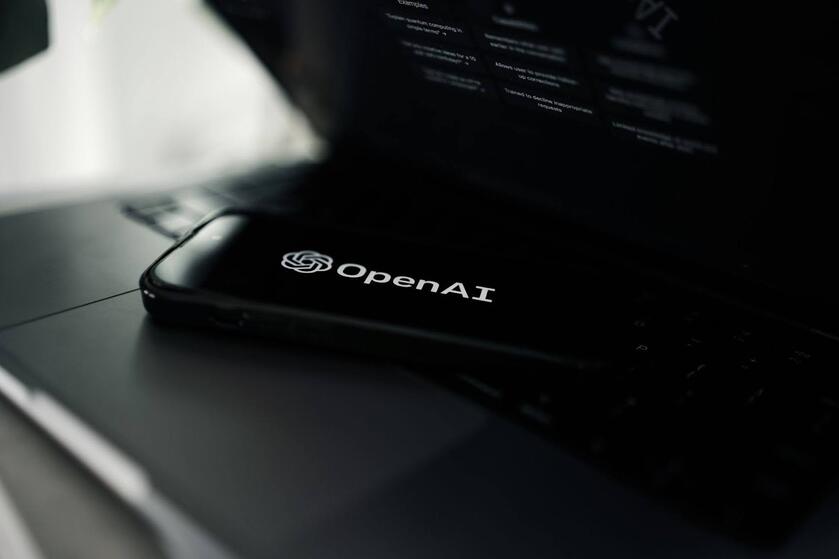A new capability within ChatGPT is quietly entering the market. It’s called ChatGPT Agent, and it’s here to stay. But fret not—here is everything you need to know about it, and what you can expect in this new wave of technology.
Have you ever wanted someone else to book your appointments for you? Or handle creating your work presentation from start to finish? How about someone to code your company’s website? If so, that is where OpenAI’s latest ChatGPT Agent comes in—a new AI feature launched earlier this July. Designed to act as a personal assistant, this latest invention is intended to not just assist and respond to text, but complete far more complex, human-dependent tasks.
“This isn't just another chatbot. It's an AI that takes real actions. It can book flights with your credit card. It can read your confidential files and make decisions without asking permission,” CEO of Iterate.ai, Jon Nordmark explained.
The one-of-a-kind agent is regarded as a convenient resource that takes artificial intelligence to an entire new level. While its counterpart ChatGPT provides solely text-based interactions, the agent model goes far beyond this skillset by performing tasks autonomously. With its ability to leverage the web and analyze personal data, ChatGPT Agent can handle multi-step projects based on the elaborate requests initially handed to them.
While both innovative and forward-looking for the AI industry, experts urgently warn about the broader implications ChatGPT Agent will pose for businesses and individuals consuming the new system.
Like Nordmarks argues, a link to deeply private information is one factor that will become everyone’s risk.
“This may sound extreme, but if your calendar shows a 3PM break, your location pings near a Starbucks, and your expense log shows a $4.25 charge, the agent puts it together. When agents get access to calendars, messages, receipts, apps, and location history, they don’t see you sipping—they infer it with startling precision,” he advised.
Regardless, for businesses that heavily depend on AI to ease workflow, the agent could be the next biggest advantage for garnering operational success. Features like its detailed research skills, analytical mindset, and access into files make it undeniably hard to not partake.
Still, the concerns are heavy, and as businesses proceed, adopting the agent must come with utmost caution.
“As leaders, we need to think twice before encouraging employees to use memory-hoarding agents—ones that act without human judgment—inside shared-cloud environments,” Nordmark added.
Much more than the privacy uncertainties, questions around the agent’s accuracy are also circling many. Given the tool can take on concrete actions on behalf of its user, results can likely lead to irreversible consequences, such as accidental deleting of important files, overpurchasing items, or emailing the wrong person.
At the same time, folks who actively use the agent are vulnerable to manipulation. For instance, malicious actors could disrupt the system with an unintended prompt, making it easy for the agent to work against the user’s request.
Looking ahead, the widespread demand for large language models like ChatGPT Agent is only rising. And in a world where autonomy is soon to be challenged and authentic effort starts to diminish, overall society can expect a number of losses far beyond the obvious, such as a weakened job market and a lack of human dignity.
If the goal is to alleviate work for people, perhaps ChatGPT Agent is the answer. But if the goal is to advance business with sincerity, maybe the solution lies in a shift in mindset, where labor begins with responsible action and trustful collaboration.
To put it simply, ChatGPT Agent has rightful and meaningful intentions. But as the newest capability begins to roll out, businesses and its partners must remain vigilant during a time when modern technology is at a harmful rate.
The time to choose is now. Will you follow it or opt for integrity?
Photo: Zac Wolff




















